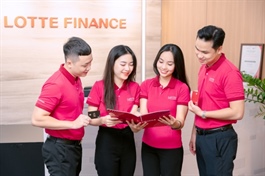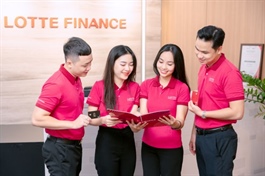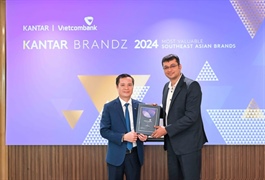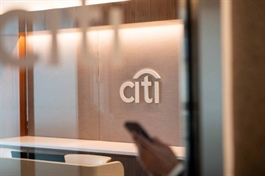Green capital encouraged for economic development
Green capital encouraged for economic development
To truly accelerate green finance, experts advocate a five-party cooperation model involving the State, banks, enterprises, scientists, and farmers.
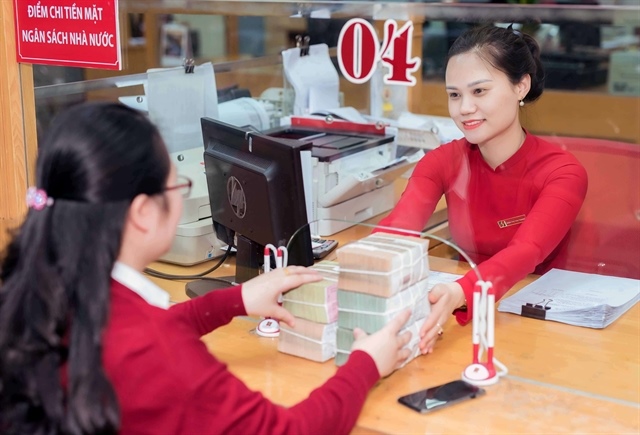
An Agribank office. The banking sector is at the forefront of unblocking green capital flows. VNA/VNS Photos |
Việt Nam is taking drastic steps to mobilise green capital being a cornerstone in its economic development strategy for the long term, especially in private and agriculture sectors.
A key directive under Resolution 68 -- a resolution adopted in May by the Việt Nam Communist Party to reposition the private sector as one of the most important driving forces of the national economy -- the Vietnamese Government is promoting green credit mechanisms, encouraging financial institutions to reduce interest rates and prioritising support for private enterprises and agriculture as they transition to sustainable business models.
Private enterprises, particularly family-run and medium-sized businesses, are at the heart of Việt Nam’s green transition.
As the country embraces environmental, social and governance (ESG) frameworks, the need for long-term capital to fund sustainable and circular economy projects has never been more critical.
According to a PwC report, nearly half of investors are willing to withdraw capital from businesses that fail to meet ESG commitments. This highlights that green transformation is no longer an optional trend - it has become a crucial factor in determining a company’s survival and growth.
While ESG adoption in Việt Nam remains modest, a growing number of private businesses are integrating sustainability into their core strategies.
This trend is visible among listed companies, small businesses and family-owned firms. Remarkably, Vietnamese private enterprises are twice as likely as other sectors to deploy long-term capital into climate-resilient investments, demonstrating both business acumen and an evolving mindset towards sustainability.
According to Hoàng Việt Cường, deputy general director of PwC Vietnam, Vietnamese private enterprises can leverage several capital sources for their green ambitions, including equity and retained earnings, medium- and long-term bank loans, strategic partnerships and joint ventures, corporate bonds, financial leasing and private equity funds.
Equity and retained earnings are the most stable source, especially for family businesses with decades of accumulated profits, while medium- and long-term bank loans are accessible for businesses with sound credit and scalable green projects.
Strategic partnerships
Strategic partnerships and joint ventures are domestic and international collaborations to bring capital, technology, and shared risk.
For corporate bonds, this channel holds potential for larger, well-governed firms. Financial leasing is a flexible method to finance equipment and green technologies without significant upfront costs.
For private equity funds, they have growing interest in sustainable ventures, provided businesses maintain transparency and governance standards.
Despite these promising trends, significant barriers remain - chief among them limited access to capital markets and the need for improved financial transparency.
To unlock green capital at scale, businesses must strengthen their governance, embrace ESG principles, and align more closely with state policy support mechanisms.
To ensure long-term sustainability, experts recommend that Vietnamese enterprises adopt several strategies, including fostering a culture of innovation and embracing digital transformation, and building strategic partnerships to expand capabilities and markets.
They need to invest in robust, data-driven decision-making frameworks, integrate ESG principles deeply into business models and operations and empower the next generation of family business leaders to champion innovation and sustainability.
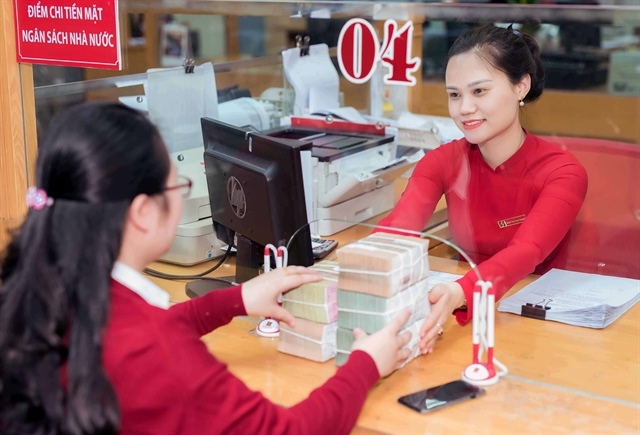
An Agribank office. The banking sector is at the forefront of unblocking green capital flows. VNA/VNS Photos |
Meanwhile, Việt Nam’s agricultural sector, currently facing increasing climate challenges, is undergoing a profound transformation. The shift from traditional practices to sustainable, eco-friendly models is now a matter of survival and competitiveness.
Green credit has emerged as a critical enabler of this transition. The banking sector, led by institutions like Agribank, is at the forefront of unblocking green capital flows.
Agribank introduced a preferential credit package worth VNĐ50 trillion (US$1.9 billion) effective from April, with an attractive 4.5 per cent interest rate, lower than conventional rates.
Bottlenecks remain
This initiative prioritises farmers, cooperatives, and agri-businesses adopting innovation and environmentally friendly practices. Flexible loan structures, including overdrafts and one-time disbursements, ensure wider access.
Other banks, including Nam A Bank, HDBank, and Bac A Bank, are also embracing green credit as a long-term strategy. Nam A Bank, for instance, is financing high-tech rice farming, renewable energy projects, and water-efficient irrigation systems in the Mekong Delta – transforming agricultural practices from the root.
“We’re not just offering finance, we’re building value chains across sectors like tea, seafood and rubber to maximise investment returns,” said Đào Duy Nam, deputy director at Nam A Bank.
Meanwhile, the State Bank of Vietnam (SBV) has institutionalised green growth into its credit strategy since 2015.
In 2023, it launched an action plan for the nation's green growth strategy for the rest of the decade, pushing financial institutions to adopt ESG criteria and improve accountability through sustainability reporting.
However, bottlenecks remain. Many banks lack standardised tools to assess environmental and social risks, and legal frameworks such as a unified 'green portfolio' are still absent. This regulatory gap, coupled with concerns over long payback periods of green projects, makes banks cautious.
Therefore, the SBV has released an Environmental and Social Risk Management System Handbook to support banks in evaluating ESG risks more effectively, moving closer to international standards.
To truly accelerate green finance, experts advocate a five-party cooperation model involving the State, banks, enterprises, scientists, and farmers.
Trần Văn Dũng, deputy director of the Institute for Research and Training in Economics and Finance, said that lending models should shift from collateral-based to production plan-based or contract-backed financing.
He proposed the establishment of a Sustainable Agriculture Support Fund to promote projects involving green technology, climate-resilient crops and emission reduction techniques.
Moreover, expanding micro-credit access, in partnership with fintech and microfinance institutions, could empower smallholder farmers and cooperatives. Complementing this, agricultural insurance and credit guarantees could reduce risk and encourage bolder lending by banks.
- 10:19 14/06/2025





